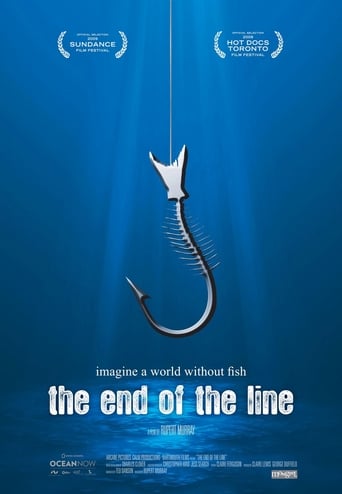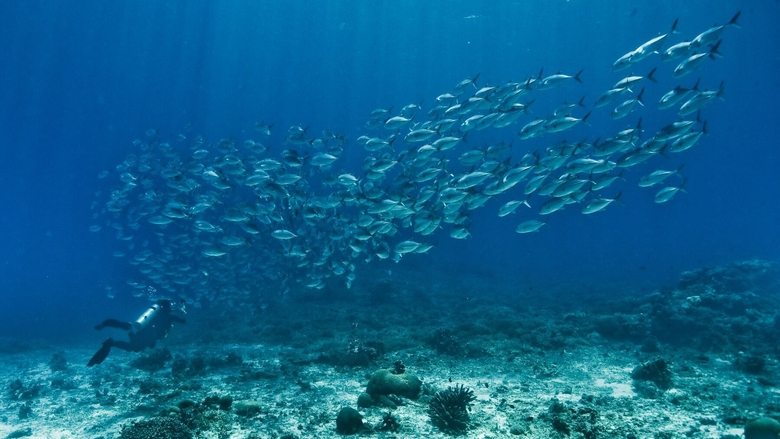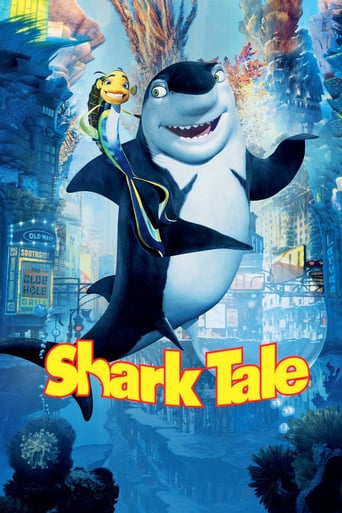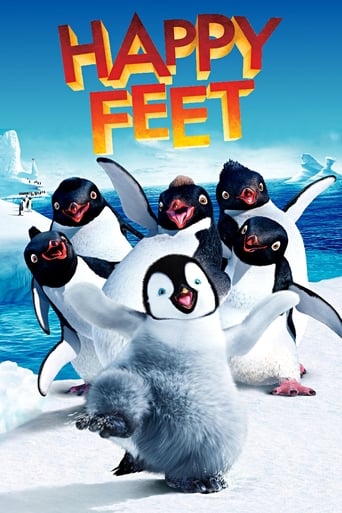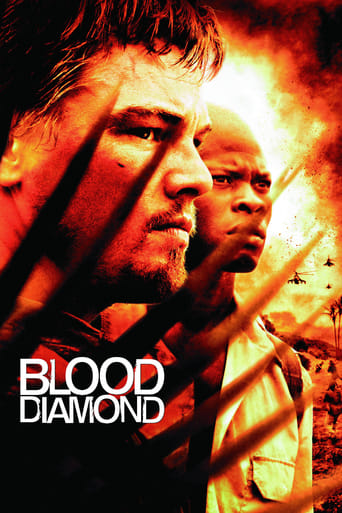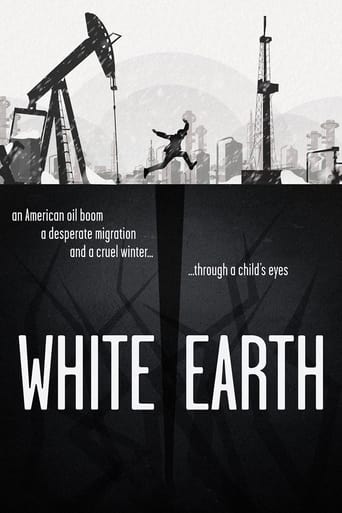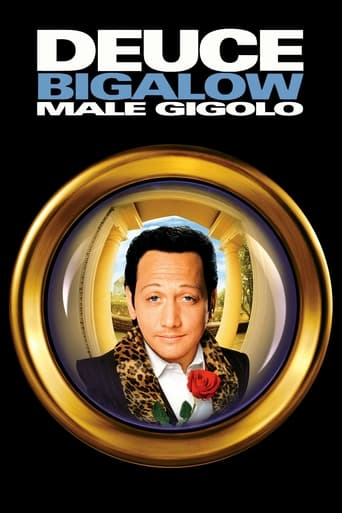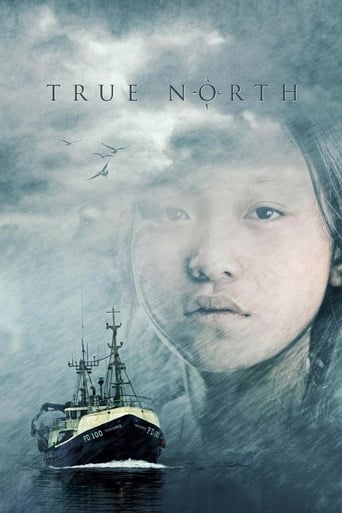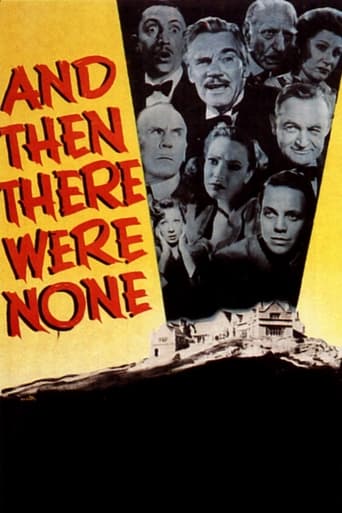The End of the Line (2009)

Examines the devastating effect that overfishing has had on the world's fish populations and argues that drastic action must be taken to reverse these trends. Examines the imminent extinction of bluefin tuna, brought on by increasing western demand for sushi; the impact on marine life resulting in huge overpopulation of jellyfish; and the profound implications of a future world with no fish that would bring certain mass starvation.
Watch Trailer
Cast


Similar titles
Reviews
I don't have all the words right now but this film is a work of art.
Good , But It Is Overrated By Some
Absolutely the worst movie.
A great movie, one of the best of this year. There was a bit of confusion at one point in the plot, but nothing serious.
Shown on Sundance in September 2011, an interesting look at the fishing industry that is over-fishing and will probably soon wipe out the available species currently in the oceans. Some great photography on an interesting subject, but it does suffer from VOLUMITIS... an illness which occurs in many indy/documentaries... the volume varies between VERY LOUD and barely audible, so one spends the entire film turning the volume up and down. Frustrating. Almost as annoying as watching the un-concerned countries continue over-fishing, even after the discussions of limits. Maybe we need the fishing-police, kind of like Whale Wars, where a group monitors and distracts the culprits caught in the act. The cast goes all over the world, studying various countries habits. They DO show specific charts on what they see happening to various species of fish, so its not all here-say and opinions. They also talk about other impacts to the beaches, the algae, and how it affects the food groups above and below the overfished groups. A good watch, but don't lose the remote, since you'll need to keep changing the volume. Also, the narrator sounds JUST like Ted Danson, but as of today, he is not mentioned in the credits here on IMDb... but there he is, listed on Sundance Channel.com
Free market fundamentalists tell us that there is no need to worry about diminishing natural resources; as they become scarcer, so the price rises, stimulating human abstinence and ingenuity. In the worst case, where we can't find a better solution, we at least take care of our final stocks (because they are increasingly expensive) and enjoy a gradual transition to the new world. The problem is, that economies are very short-termist. Price is determined, not just by the size of the total remaining stocks, but by the rate of their supply. And rising prices can stimulate more intensive exploitation methods that suppress the natural tendency for a scarce product to become more valued, while advancing the day that it runs out altogether. Some fear this is what man will face (and soon) with oil; as Rupert Marray's film shows, it's what we're already facing in many parts of the world with fish. The irony with fish is that the bounty of the oceans is actually a renewable resource, so long as it isn't over-exploited. But our capacity for self-restraint seems minimal: in the EU, for example, scientists recommended a quota for catches of 10 million tonnes for blue-fin tuna to allow the depressed population to recover, or 15 million to stop things getting worse; the politicians allowed 30 million, and the fishermen caught 60 million. If the film has a weakness, it's that it doesn't show us why politicians are so stupid, namely their fear of ruined fishing towns and starving people. I wish it let them make these arguments, mostly because they're plain wrong; the towns will have no jobs anyway if the oceans run out of fish, and the worst offenders when it comes to overfishing are people from the affluent west. As each year the planet's resources seem scarcer, our rape of the oceans seems increasingly stupid - whatever the sacrifices now required, the long-term cost of not making them will be higher. Meanwhile, that tuna you shouldn't really be eating may soon be your last, like it or not.
With the series of outstanding documentaries dealing with the dodgy subject of food,is it time for another documentary dealing,this time with the denizens of the deep blue sea? Answer:YOU BET! 'The End Of The Line'is an eye opening film about how our seafood source is slowly being depleted (Sushi,anyone?),and within the next 50 (or so)years,there will not be any more fish in the waterways of the world,due to over fishing (marine life,as we know it,will only be a distant memory,and anything resembling marine life will be on display in either history books,or worse yet,places such as Marine World,where dolphins,whales,etc.are exploited for the sake of entertainment). Rupert Murray ('Unknown White Male') directs & photographs this wake up call that,although does not take up a vegetarian agenda (such as 'Food,Inc.'),does offer some suggestions as to reduce the danger of certain species of marine life,due to over fishing. Not rated by the MPAA,this film contains some rather upsetting footage of mass fishing, including some raw, bloody footage of fish being brutally handled
This film is amazing and good in the sense that it provokes and inspires people to follow the message it brings (a bit like in "An Inconvenient Truth", although this film addresses one main issue). It addresses the very serious issue of overfishing. The film presents good points about the subject and backs it up with valid evidence. The points explains the main points of the past and the present about overfishing, many of which are astounding. The evidence they provide can be breathtaking (for example, the amount of tuna the EU wants to fish per year). This proves that the people have researched well and it really is true that overfishing is one of the main environmental problems of our corrupted world today.The visuals are also impressive. The most upsetting are the thousands of dead fish you see in nets, boats and fish being cut up and transported around the globe. The most enjoyable part of the film are the visuals of the coral reefs and open seas, teaming with fishy life. :-)As far as I know this film is still out in the cinema, so if you have the opportunity, please go and see it as soon as possible. If you have a mind that is even one millimetre open, it could well change your vision about eating fish forever. 7 and a half out of ten.

